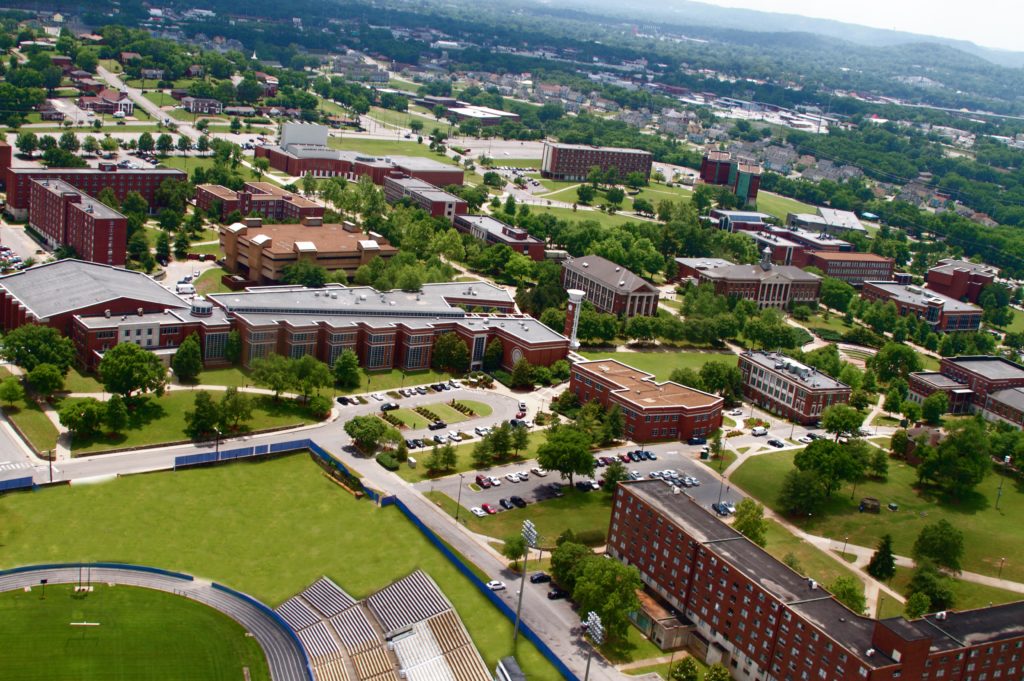
Students in Fayetteville, Tenn., will soon be able to earn an agriculture degree from a university 90 miles away without leaving their Motlow State Community College campus, thanks to a new partnership with Tennessee State University.
The collaboration is part of TSU’s attempt to both attract more rural students to its agriculture program and recruit students who are currently enrolled in free community college programs.
After Tennessee Promise and Tennessee Reconnect were signed into law — allowing students to attend full-time without paying tuition — four-year schools had to decide how to respond: They could compete for the same students as freshmen, or they could partner with community colleges to create a pipeline from one to the other.
TSU is taking the latter approach, says interim vice president for academic affairs Alisa Mosley.
“How can we tell a student not to take advantage of a program like Promise or Reconnect? It just makes common sense,” she said, adding that it’s still beneficial for students to continue on to get a bachelor’s. “We’re partners in all of this. We’re not necessarily adversaries.”
To enroll in the TSU agriculture degree program this fall, students must first have an associate’s from Motlow State. Then, they take university classes for the next two years — some online and some from professors who will travel to Fayetteville and teach in Motlow State’s classrooms.
The Tennessee Board of Regents says there are dozens of “2+2” programs throughout the state, although many are less formalized. A similar partnership between Columbia State Community College and Belmont University’s business school was
announced last month.
The TSU program also fills a specific need in the state, says Chandra Reddy, dean of the College of Agriculture.
“Agriculture is still an important industry here,” he said. “Providing these people who are already familiar with agriculture and want to stay in that area — we’re reaching out, providing access to them for this higher education.”


